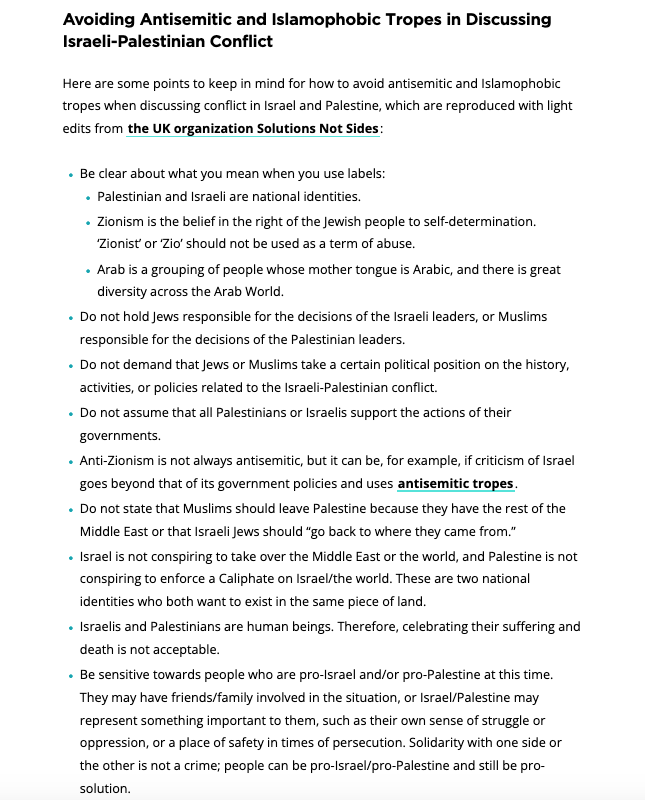Finds for Writers

Most Fridays the Practicing Writing blog shares writing and publishing resources, news, and reflections to peruse over the weekend. But it’s been an excruciating week for so many of us. And frankly, I’ve paid next-to-no attention to garden-variety news from the writing and publishing spheres.
On Wednesday, however, I received an email from Facing History and Ourselves, a Boston-based global nonprofit organization that I’ve admired for many years. The email introduced a “mini-lesson” titled “Processing Attacks in Israel and the Outbreak of War in the Region.”
The resource isn’t perfect. (What resource is?) But one of its segments impressed me as something that, though intended for educators and students, could be clarifying for writers as well, in our work and in the rest of our lives. It’s a section titled “Avoiding Antisemitic and Islamophobic Tropes in Discussing Israeli-Palestinian Conflict.”

